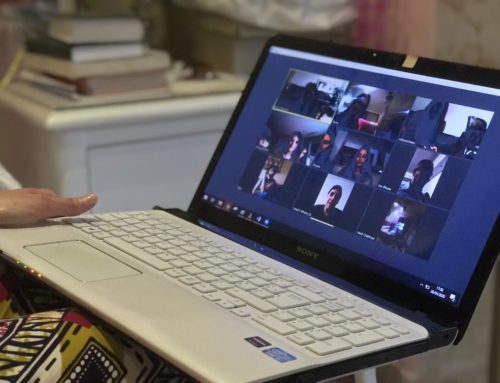The best communications tips are solid bits of wisdom that do not change, even during a crisis. I was reminded of this when I saw a flyer titled, “Dealing with the News Media at Reunion” provided by Duke University in the packets handed to alumni attending their college reunions last weekend. (My husband is a Blue Devil).
The allegations against the Duke Lacrosse team mean that reporters are swarming the campus day and night looking for new stories, and a “what do the alumni think” article was an obvious angle. The flyer acknowledged this and offered some general tips to alumni that apply to all controversial situations.
- Assume that anything you say will be used “on the record.”
- Though you may insist that you are speaking only for yourself, your comments will likely be portrayed as representing the opinions of a larger group (the alumni in this case).
- You always have the right to decline interview requests.
To these tips, I add a few more:
When a reporter calls out of the blue, you have every right to ask what type of information they are seeking, then to tell them you’ll call them back in 10 minutes. That will give you some time to collect your thoughts while honoring their deadlines.
Reporters often asked leading questions that they hope will evoke answers that fit the story angle they are working on. You don’t have to play along. Stick to your talking points and don’t be led somewhere you don’t want to go.
Never assume a reporter will honor a request to be “off the record” or “on background.” If you have a good, long-standing relationship with a reporter, you may be able to make this request, but it’s much safer to assume that the words you say with get out there, with your name attached to them.





